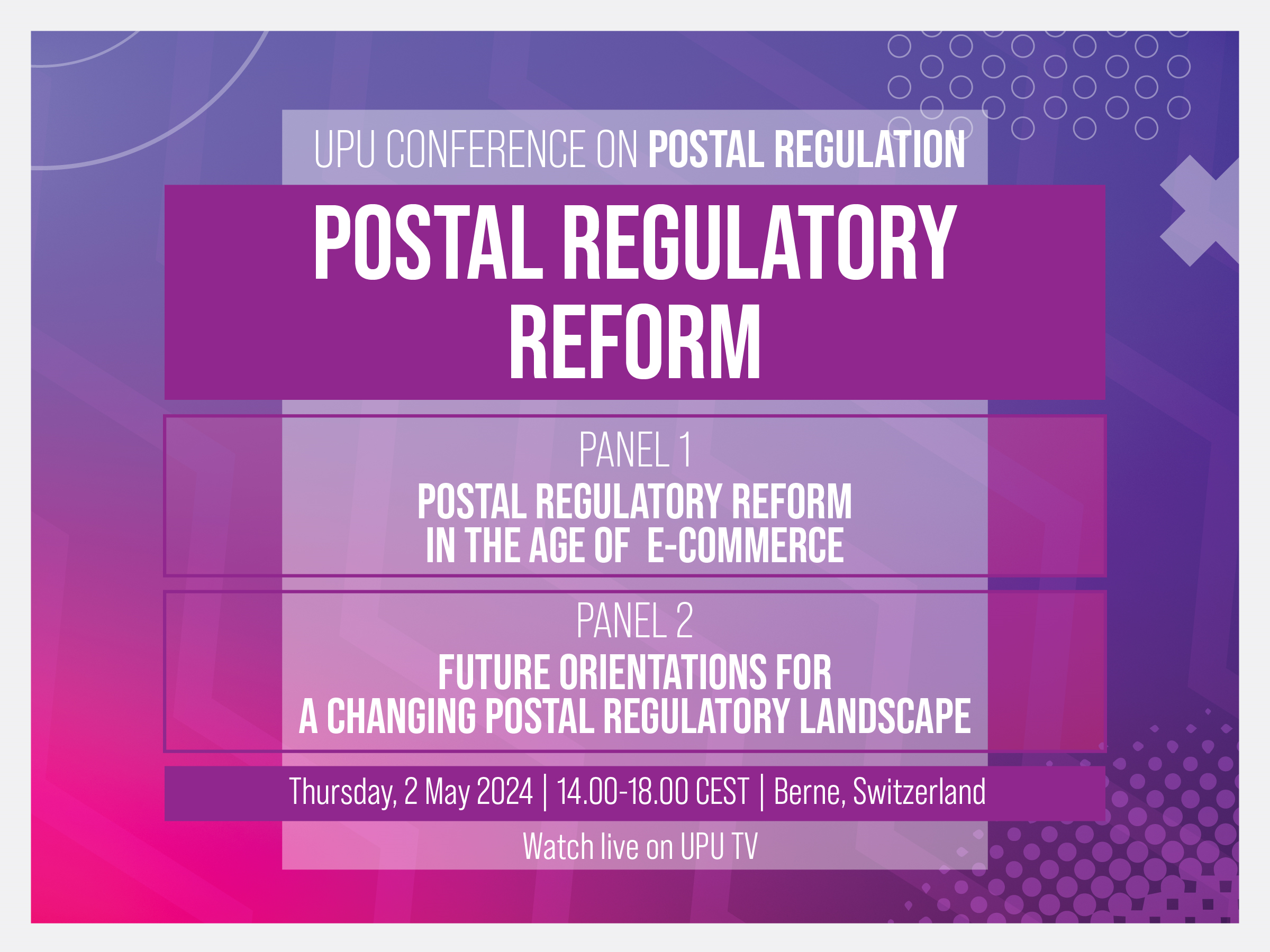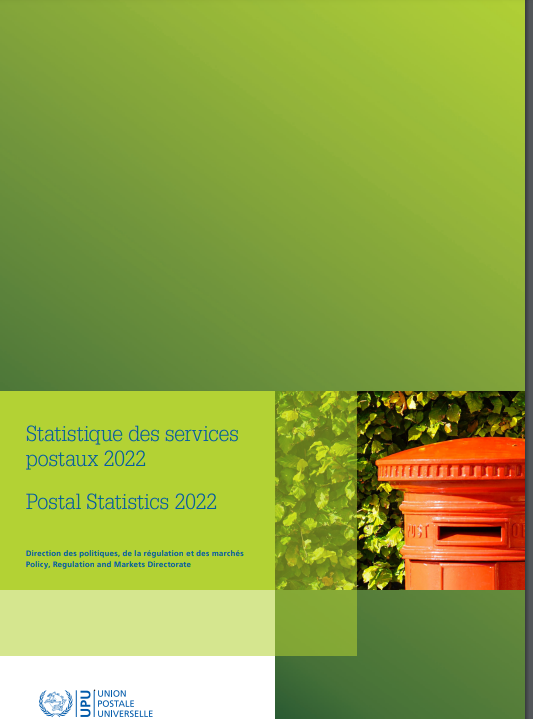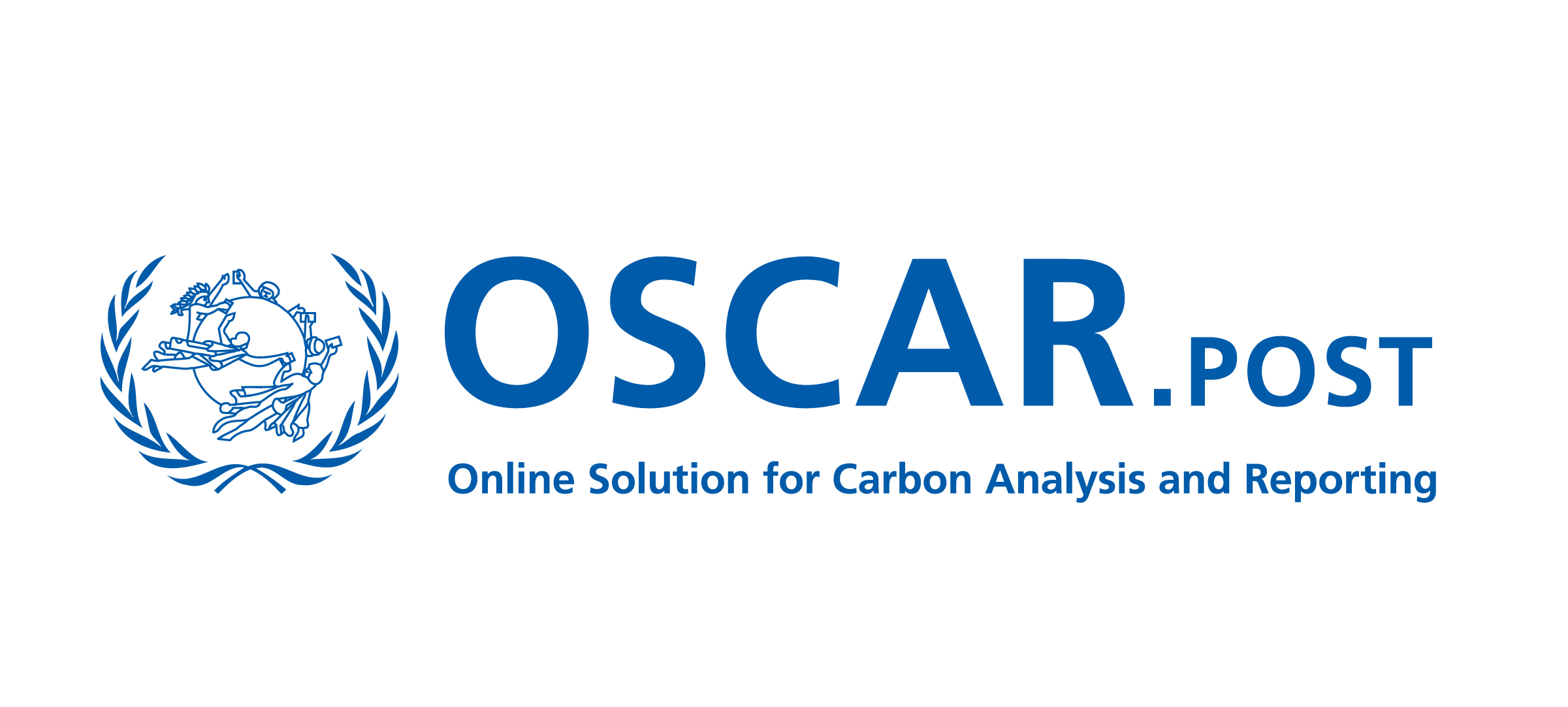-
May 2nd 2024Conference on Postal RegulationDuring its Council of Administration session (S5), the UPU will hold a Conference on Postal Regulation on the topic of Postal Regulatory Reform. Learn more and watch live on UPU TV.
-
May 29th to 31st 2024UPU Innovation Challenge 2024: unlocking the power of AIBy leveraging AI technologies, the UPU will host the second edition of the Innovation Challenge which seeks to uncover insights that can lead to more predictive and adaptive networks, improve last-mile delivery, and enhance customer engagement through personalized services.
-
Digital Union Quarter I 202403.04.2024 — The first exclusive anniversary edition as we gear up to celebrate our 150th year celebrations - read all about it in our new issue of the UPU's quartely newsletter "Digital Union".
-
New members of the UPU Consultative Committee22.03.2024 — FEPE, Zenith Carex, and GN TEQ join the UPU CC as its new members.
One world. One postal network.
The Universal Postal Union is a United Nations specialized agency and the postal sector's primary forum for international cooperation.
The Universal Postal Union is a United Nations specialized agency and the postal sector's primary forum for international cooperation.
Can’t find what you are looking for?
You might want to check the parcel tracker of your national post. You can find the website of your national post in our list of member countries.












